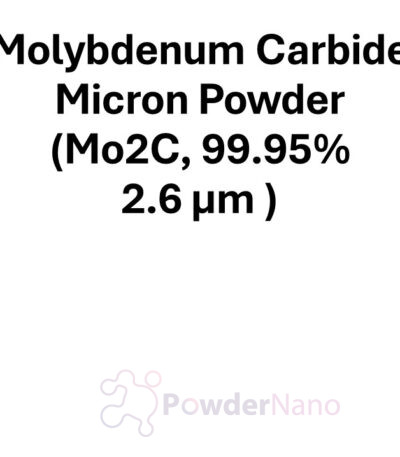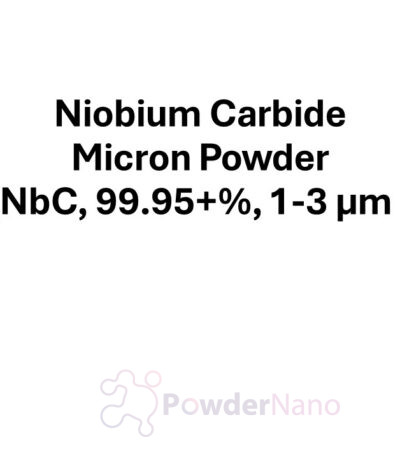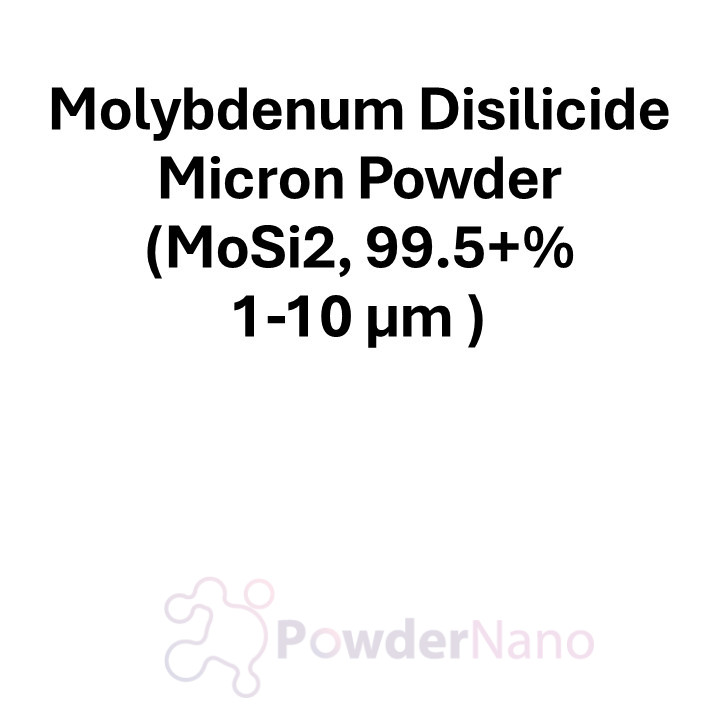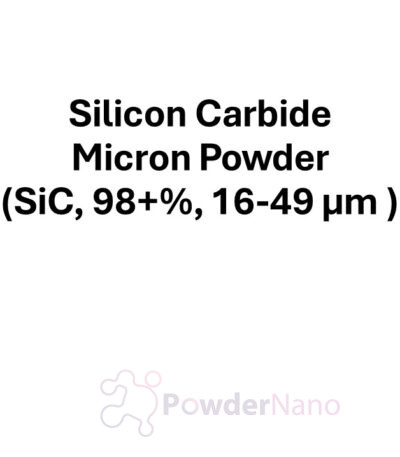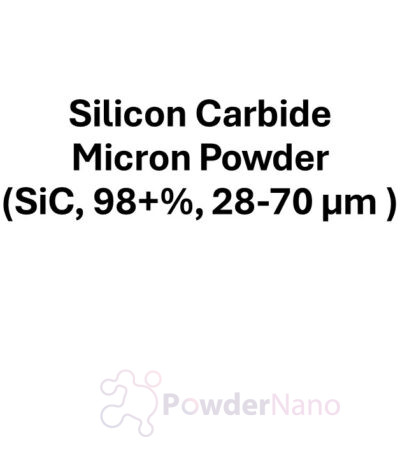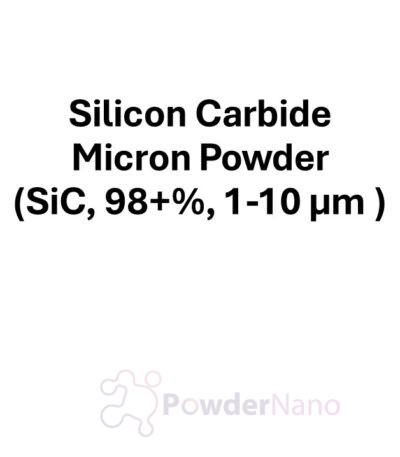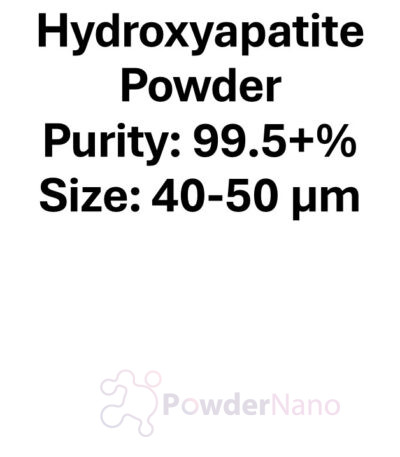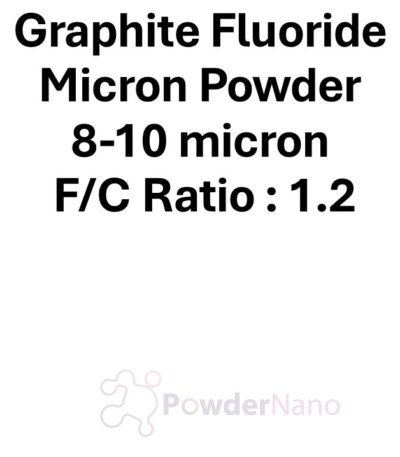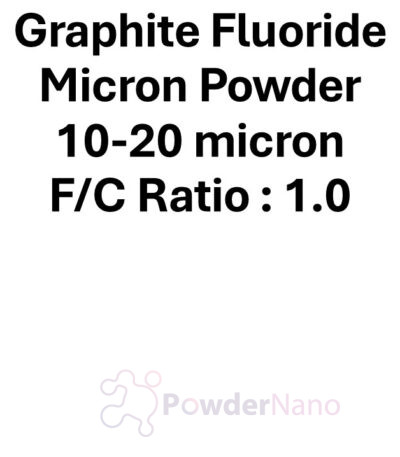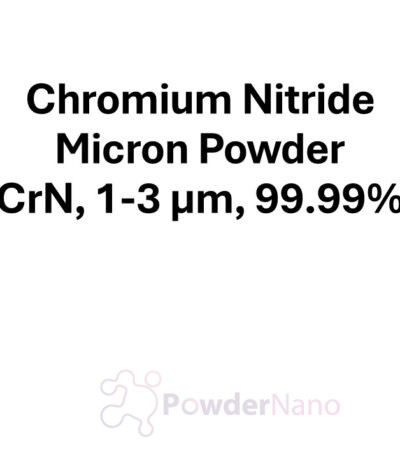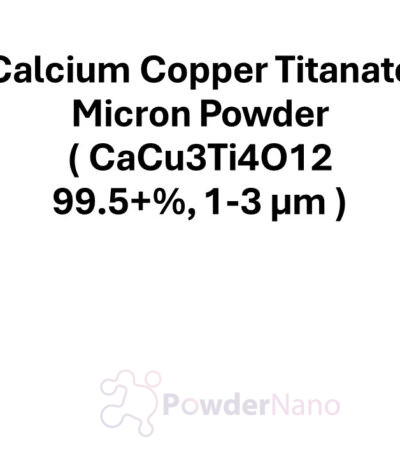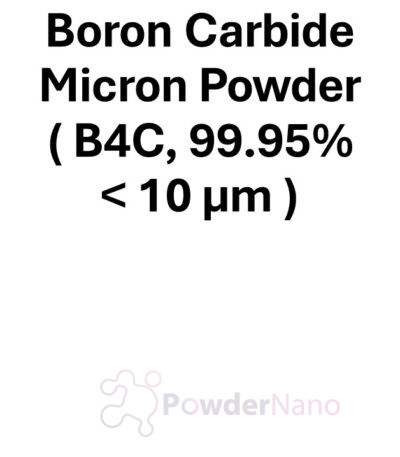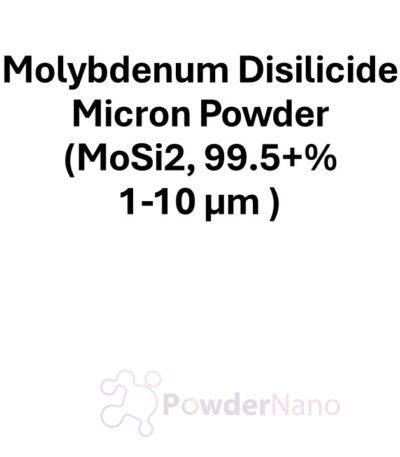Molybdenum Disilicide Micron Powder (MoSi₂, 99.5+, 1-10 µm)
Technical Specifications:
- Material: Molybdenum Disilicide (MoSi₂)
- Purity: 99.5% or higher
- Particle Size: 1-10 µm (microns)
- Shape: Typically irregular, may include some spherical particles depending on the manufacturing process
- Density: Approximately 6.3 g/cm³
- Melting Point: 3,030°C (5,486°F)
- Boiling Point: Sublimes at very high temperatures (>4,000°C / 7,232°F)
- Chemical Composition:
- Molybdenum (Mo): ~60%
- Silicon (Si): ~40%
Applications:
- High-Temperature Structural Materials:
- Molybdenum Disilicide (MoSi₂) is widely used in high-temperature structural materials due to its excellent thermal stability and resistance to oxidation. It is used in aerospace, rocket engines, and gas turbines where extreme heat resistance is essential.
- The micron powder form is particularly useful for the creation of ceramic coatings or composite materials that are used in heat shields, turbine blades, nozzles, and aerospace components exposed to extreme temperatures.
- Electrical Heating Elements:
- MoSi₂ is commonly used in electrical heating elements, particularly for high-temperature furnaces and industrial heating applications. The material’s ability to withstand high electrical resistance while maintaining thermal stability at elevated temperatures makes it ideal for use in heating elements in industries such as ceramics, metal sintering, and electronics manufacturing.
- The 1-10 µm powder is used to create resistant heating elements that maintain stable electrical resistance even at temperatures above 1,500°C (2,732°F).
- Refractory Materials:
- Molybdenum Disilicide is used in the production of refractory materials such as bricks, molds, and furnace linings that require extreme temperature resistance and mechanical strength. The micron powder is used to create advanced refractory coatings and high-temperature alloys for metal processing, casting, and heat treatment.
- It is widely used in industrial furnaces and reactors where resistance to thermal shock and mechanical wear is critical.
- High-Performance Coatings:
- Molybdenum Disilicide is applied as a high-temperature coating on materials that need to withstand corrosion, oxidation, and extreme heat. It is used in composite coatings for turbine blades, high-speed tools, and heat exchangers that need to maintain structural integrity under demanding conditions.
- The micron powder is often integrated into powder coatings that enhance corrosion resistance and wear resistance in high-performance mechanical systems exposed to extreme operating environments.
- Catalysis:
- MoSi₂ is used as a catalyst or catalyst support in a variety of chemical processes, particularly in the petrochemical industry. Its thermal stability and surface area make it useful in hydrogenation, dehydrogenation, and methanation reactions.
- The micron powder can be utilized in catalytic converters, fuel cells, and synthesis processes that require high-temperature resistance and chemically stable materials.
- Superalloy Additive:
- Molybdenum Disilicide is added to superalloys used in gas turbines, jet engines, and aerospace components to enhance thermal conductivity, creep resistance, and oxidation resistance. It helps improve the high-temperature performance and durability of these alloys under extreme mechanical stresses.
- The micron powder is used to create alloy compositions that can withstand high-stress conditions and maintain material integrity in high-performance engineering applications.
- Thermal Management Materials:
- MoSi₂ is utilized in thermal management systems, especially in electronics and power devices. Its thermal conductivity and high melting point make it an ideal material for use in heat sinks, thermal interface materials, and cooling systems for electronic components that generate high amounts of heat.
- The micron powder is also used in the production of heat-resistant coatings for high-temperature electrical devices and semiconductors that need to dissipate heat effectively.
- Wear-Resistant Coatings:
- Due to its high hardness and wear resistance, Molybdenum Disilicide is used in coatings for components exposed to abrasive and erosive conditions. The micron powder is used to produce wear-resistant coatings for machine tools, cutting tools, and valves that undergo high wear in heavy machinery and mining equipment.
- The MoSi₂ coatings significantly improve tool longevity and reduce friction, making them ideal for manufacturing equipment in heavy-duty industries.
- Nuclear Industry Applications:
- Molybdenum Disilicide is used in the nuclear industry for high-temperature components and reactor materials. Its resistance to radiation and oxidation resistance make it an ideal material for nuclear reactor components such as fuel cladding and control rods.
- The micron powder is often utilized in the development of high-performance materials for nuclear power plants that must withstand extreme temperatures and high radiation environments.
- Research and Development:
- Molybdenum Disilicide micron powder is widely used in research and development to explore new applications in advanced ceramics, high-performance coatings, catalysis, and energy systems. Researchers use MoSi₂ for developing new materials for space exploration, nuclear applications, and automotive industries.
- The micron powder is also used in nanostructure development and nanoengineering to explore high-temperature materials for next-generation technologies in aerospace, electronics, and energy sectors.
Molybdenum Disilicide Micron Powder (MoSi₂, 99.5%, 1-10 µm) is a high-performance material with outstanding thermal stability, oxidation resistance, hardness, and electrical conductivity. It is used in high-temperature applications, wear-resistant coatings, electrical heating elements, catalysts, nuclear materials, and superalloy additives across industries like aerospace, automotive, electronics, energy, and chemical processing. The micron powder ensures uniform distribution in coatings, composites, and catalyst systems, making it a critical material for high-performance engineering applications that require extreme durability, heat resistance, and reliability under harsh conditions.
